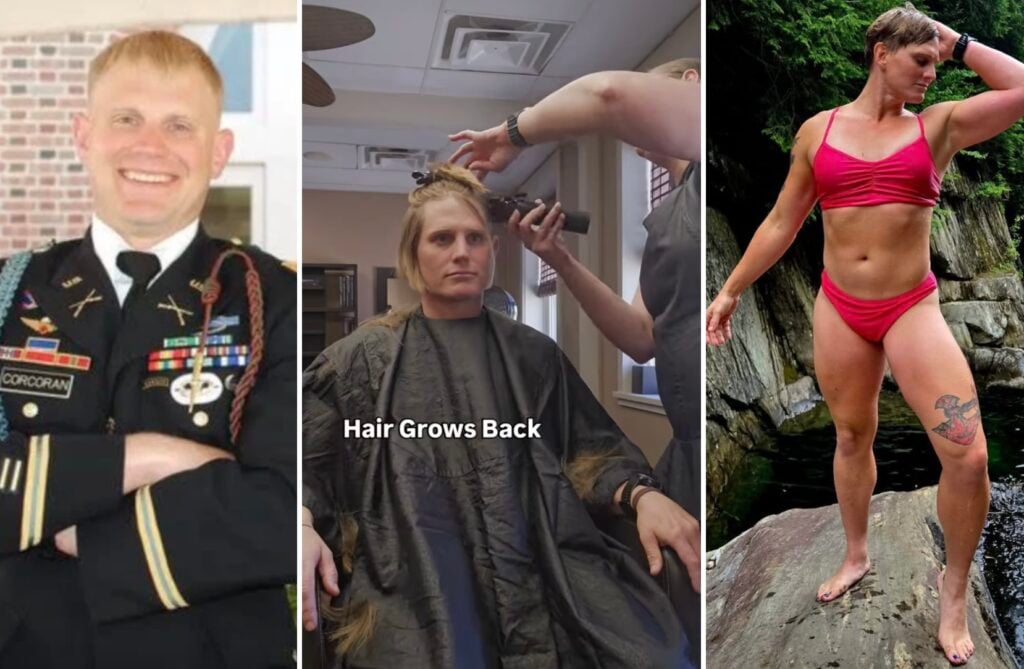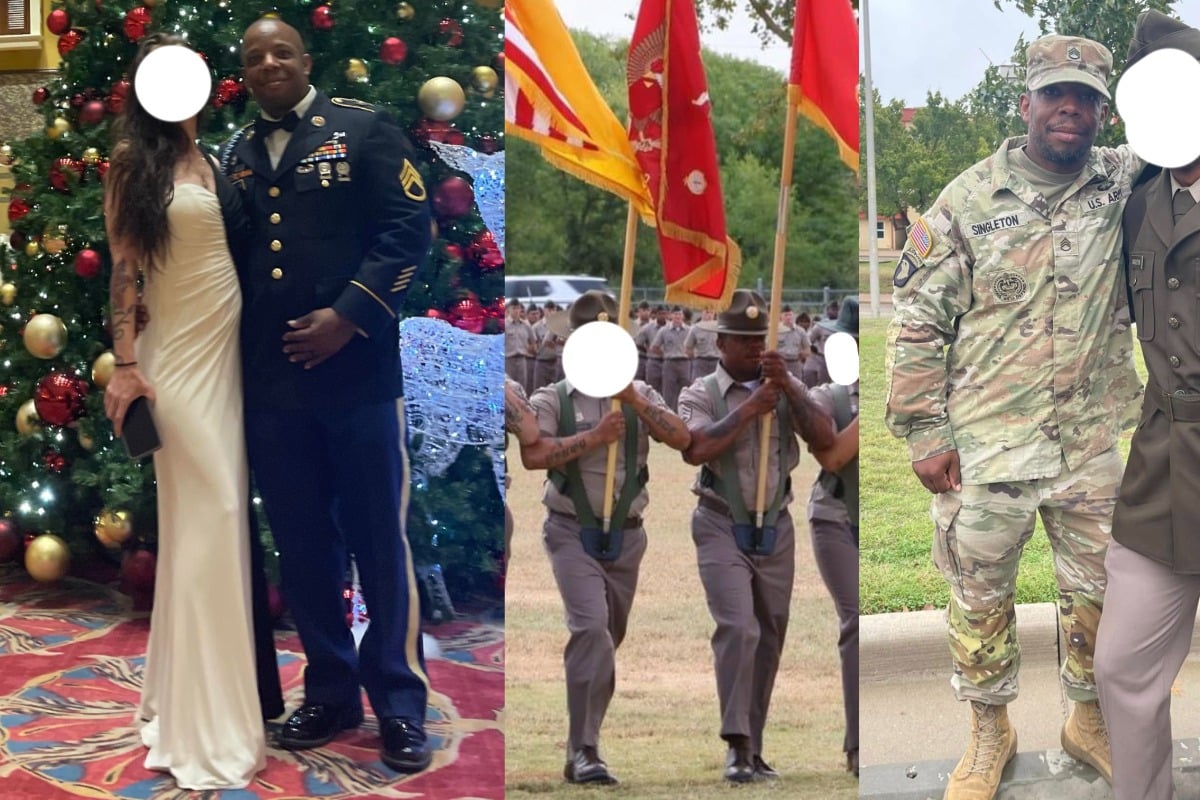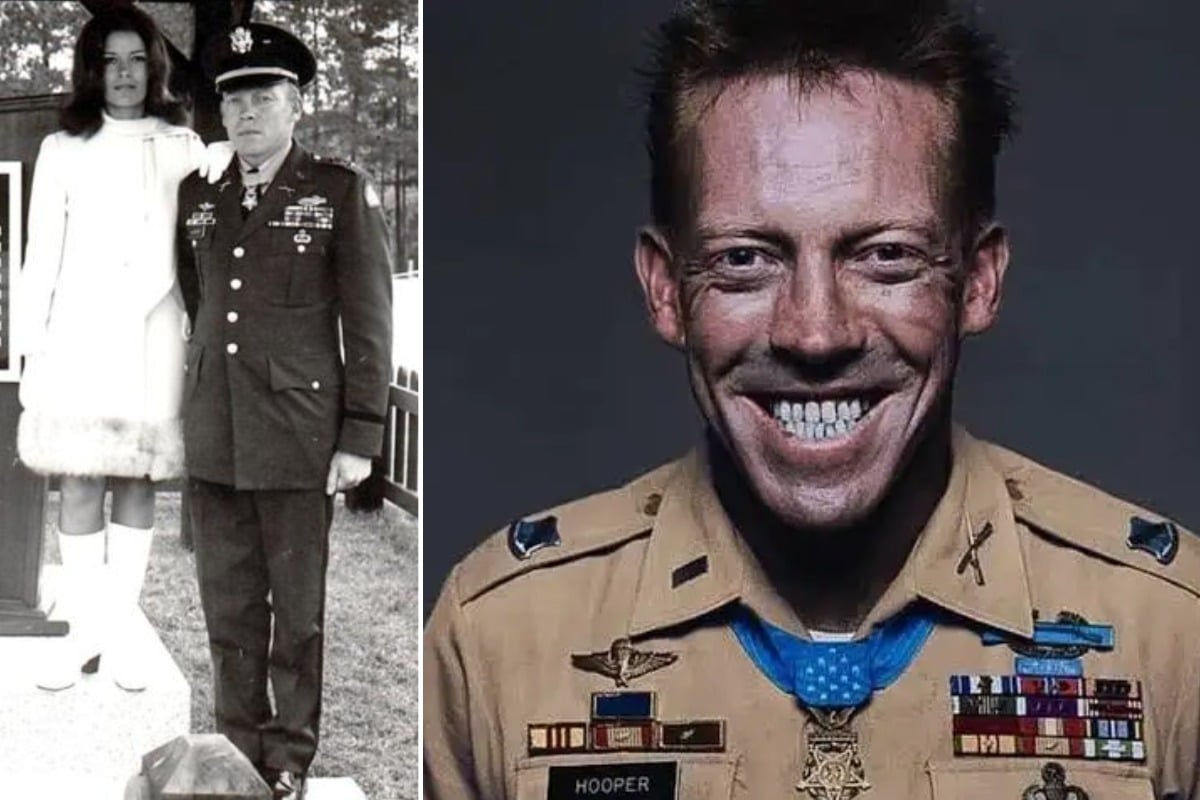After 17 years in uniform, two combat deployments, and graduating from one of the Army’s most elite academic institutions, Major Kara Corcoran was told she couldn’t walk across the stage to receive her master’s degree unless she looked like a man.

The ranger-qualified infantry officer, who began transitioning in 2018, was ordered to adhere to male grooming standards—short hair and male uniform regulations—for the official graduation ceremony of the Army’s School for Advanced Military Studies. The directive didn’t come from her local command, she said, but from higher up the chain. And it was the final blow in a career cut short by a new executive order targeting transgender service members.
“We will not be erased,” Corcoran wrote on Instagram, sharing a photo with close-cropped hair and a message to those enforcing the policy. “We will not be denied what we earned. And we will not surrender.”
The End of the Line for a Decorated Officer
Major Corcoran is one of an estimated 10,000 transgender troops facing separation under a January 27th executive order banning individuals diagnosed with gender dysphoria or undergoing gender transition from military service. The policy echoes earlier restrictions enacted during the Trump administration and cites “conflict with a soldier’s commitment to an honorable, truthful, and disciplined lifestyle.”
That’s a claim Corcoran takes personal offense to.
“The thing that’s most insulting is to say that we lack courage and honor,” she told Outsports. “It took more courage for me to live authentically than it did to raise my right hand and enlist.”
Her military credentials are difficult to question: deployments to Afghanistan, commendations for leadership, and a recent graduate degree from SAMS, an institution designed to prepare the Army’s future operational thinkers. But that didn’t stop the Army from enforcing appearance standards that disregarded her gender identity on her way out.
From the Battlefield to the Football Field
Outside the Army, Corcoran channeled her physical grit and mental drive into women’s sports. For the past three seasons, she’s been a two-way standout for the Denver Bandits in the Women’s National Football Conference (WNFC)—a full-contact league of elite female athletes.
Her 2024 season was a breakout: leading the team in tackles for loss on defense and scoring two touchdowns on offense as a bruising fullback. She earned second-team All-WNFC honors in the process.
“The closest thing you can be to warfare is being in the trenches with your sisters playing football,” she said. “It’s about teamwork, grit, and fighting for each other. That’s what sports are about.”
But her participation in women’s football—and in the Army as a transgender woman—has drawn controversy and scrutiny.
Ignored Facts or Selective Storytelling?
Media outlets like CBS News have praised Corcoran as a model of inclusivity and courage, highlighting her statement that transitioning made her a better, more resilient soldier.
“Transitioning allows us to optimize our performance,” she said in a televised segment. “The country expects us to be the strongest fighting force we can be.”
What CBS and others haven’t addressed, critics say, is the broader debate around gender identity, military readiness, and fairness in women’s sports.
For instance, hormone replacement therapy (HRT)—a standard part of medical transition—carries health risks including cardiovascular strain, infertility, mood instability, and decreased bone density. These factors can impact deployability, a critical consideration in combat units.
Likewise, while Corcoran’s accomplishments on the football field are undeniable, her participation in women’s contact sports reignites concerns over physical advantage, safety, and fairness—particularly for cisgender athletes. Though the WNFC currently allows transgender women to compete, the debate remains unsettled in both collegiate and professional athletic organizations.
A Career Cut Short, But a Fight That Isn’t Over
Corcoran said she’s not done speaking out, even if her Army career has been cut short.
Her post-graduation message made clear that the fight for transgender representation—in uniform and on the field—isn’t going away quietly.
“This is deplorable. Disgusting,” she wrote. “But no matter how hard you come after me, transgender people will be on the right side of history. Now. And forever.”
Whether Americans agree with Corcoran or not, her story raises difficult questions:
Should service members be discharged for their identity, even if they’re otherwise qualified?
Do policies on gender expression improve discipline, or do they drive talent out of the force?
And are institutions like the Army—and women’s sports—prepared to deal with these questions transparently?
For now, Major Kara Corcoran will no longer wear the uniform. But she says she won’t stop fighting for those who still can.
© 2025 The Salty Soldier. All rights reserved.
This article may not be republished or redistributed without express written consent from TheSaltySoldier.com.




